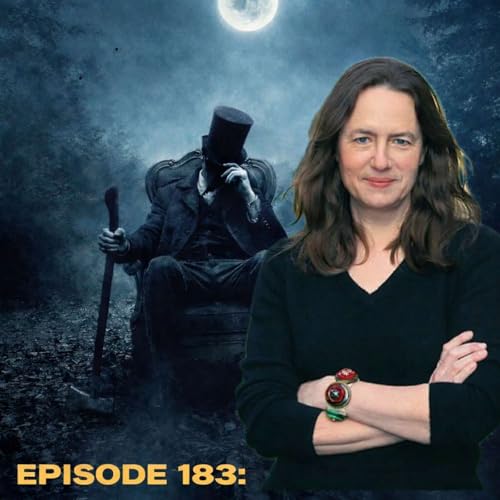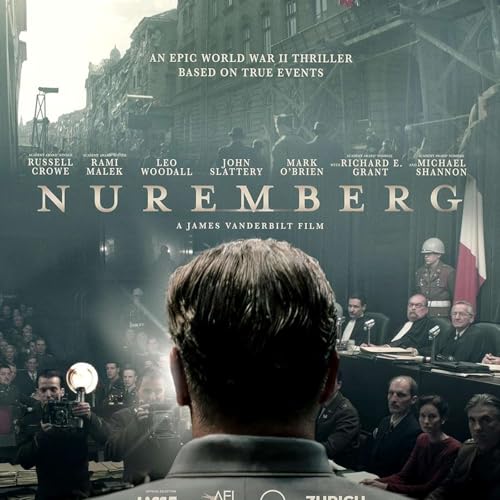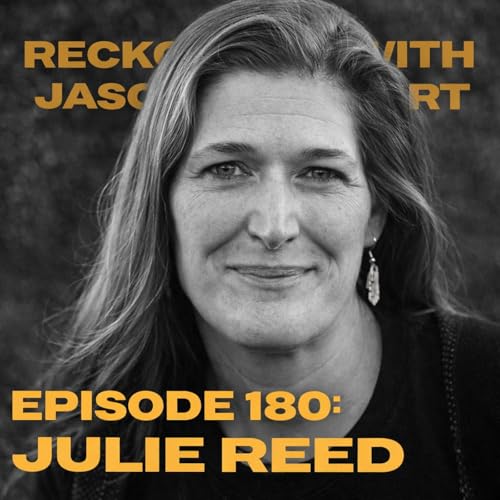Egyptologists Dr. Julia Troche and Matt Szafran join in this week to talk about the history behind The Fifth Element and how the anxieties of the 90s are reflected in Luc Besson's campy space opera.
About our guests:
Dr. Julia Troche is an Egyptologist and Associate Professor of History. In 2022 she was awarded her university's highest teaching award followed by the Missouri Governor's Award for Education Excellence. She is committed to advocating for students, early career scholars, and contingent faculty, and fostering inclusive spaces for learning about the ancient world. She is dedicated to the university Public Affairs mission, evinced by her numerous Service-Learning courses, public lectures, and community engagements, such as co-curating with Bryan Brinkman and student input an exhibition of antiquities at the Springfield Art Museum (Ancient Artifacts Abroad, spring 2024).
Julia's areas of instruction and research include social history, religion, archaeology, digital humanities, and reception studies of antiquity. Julia received her PhD from Brown University's Department of in Egyptology & Assyriology in 2015, and her BA in History from UCLA in 2008. She serves as Committee Chair (2024-2027) for her field’s annual, international conference (the American Research Center in Egypt Annual Meeting) and as co-chair (2023-2026) for the Archaeology of Egypt sessions at the Annual Meeting of the American Society of Overseas Research.
Julia is an active member of her field, sitting on numerous international, national, and regional Boards and committees. Since 2022, she is a membership-elected Governor on the American Research Center in Egypt’s Board of Governors (a 501c3 non-profit, cultural institution in Egypt; www.arce.org). She co-founded both the ARCE, Missouri Chapter (Past President and Vice President, current Director focusing on Finance) and the annual Missouri Egyptological Symposium. She attended the HERS Leadership Institute in 2024 for women leaders in higher education (hersnetwork.org). She has served her campus community since arriving here in 2017 as a Bear Bridge mentor (2023, Outstanding Bear Bridge Faculty Mentor award), Safe-Zone Faculty Advisor, Advisor for the Ancient Worlds Club, Co-Advisor for History Club, and supporting her department through extensive service, including—at various times—chairing Undergraduate Committee and Personnel Committee, sitting on about three-dozen MA committees, serving on five search committees (chairing two), and serving as a past Faculty Senate and College Council department representative.
Matt Szafran is an independent researcher specialising in the study of ancient tools and technologies. He is a Fellow of the Royal Anthropological Institute and Trustee of the Friends of the Petrie Museum. His current research focusses on the manufacture and use of stone palettes in Predynastic Egypt, using experimental archaeology and advanced imaging technologies, such as microscopy and Reflectance Transformation Imaging (RTI) to complement textual studies. Matt has published and lectured on this topic, and is currently incorporating this research into a book discussing the design, manufacture, and possible uses of Predynastic palettes. His research interests also include the popular perception, reception, and representation of Egypt depicted in mass media, in particular late 20th and 21st century movies and television.
 1 時間 46 分
1 時間 46 分 1 時間 11 分
1 時間 11 分 59 分
59 分 1 時間 27 分
1 時間 27 分 2026/01/271 時間 23 分
2026/01/271 時間 23 分 1 時間 17 分
1 時間 17 分 54 分
54 分 1 時間 22 分
1 時間 22 分
